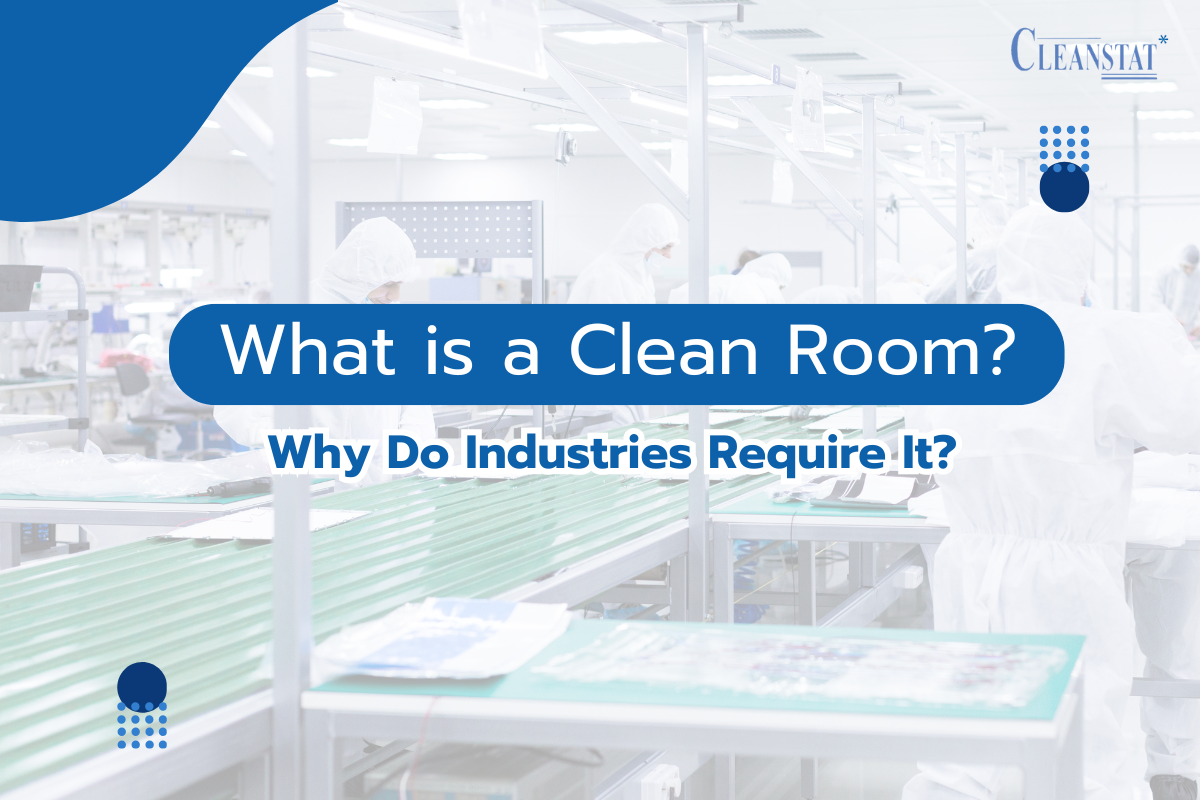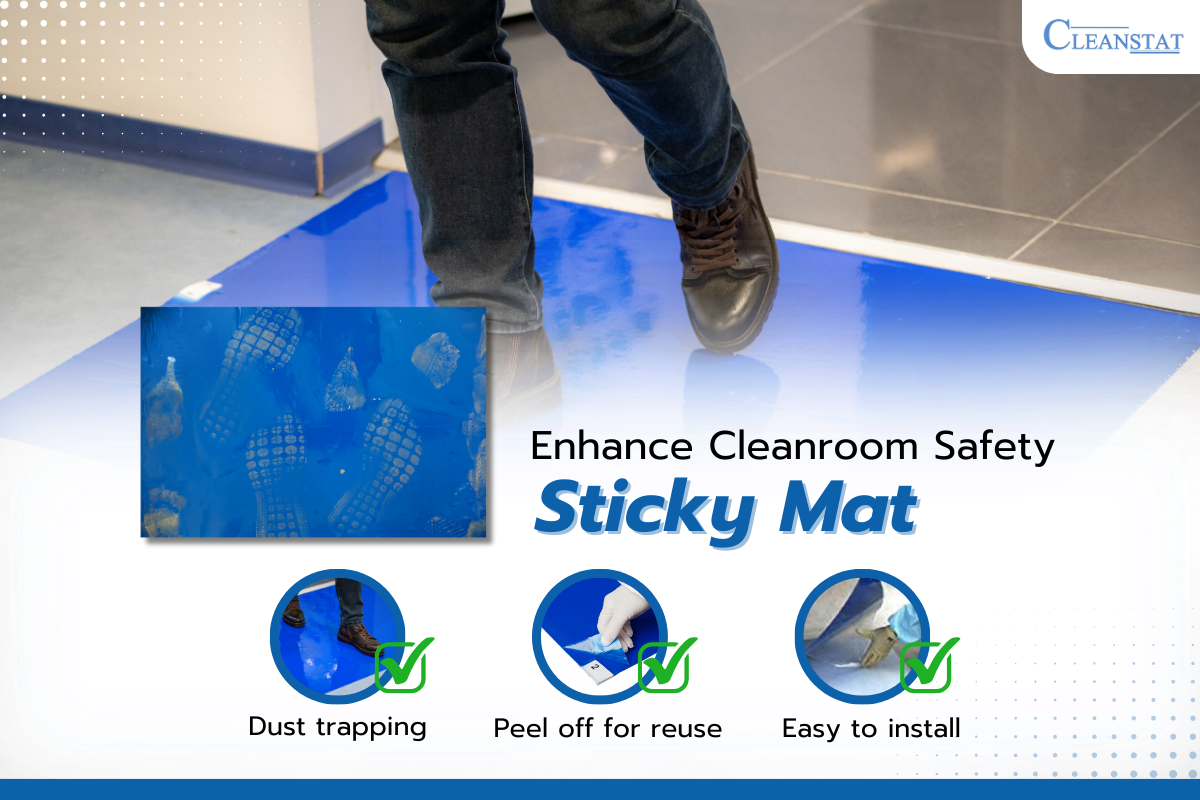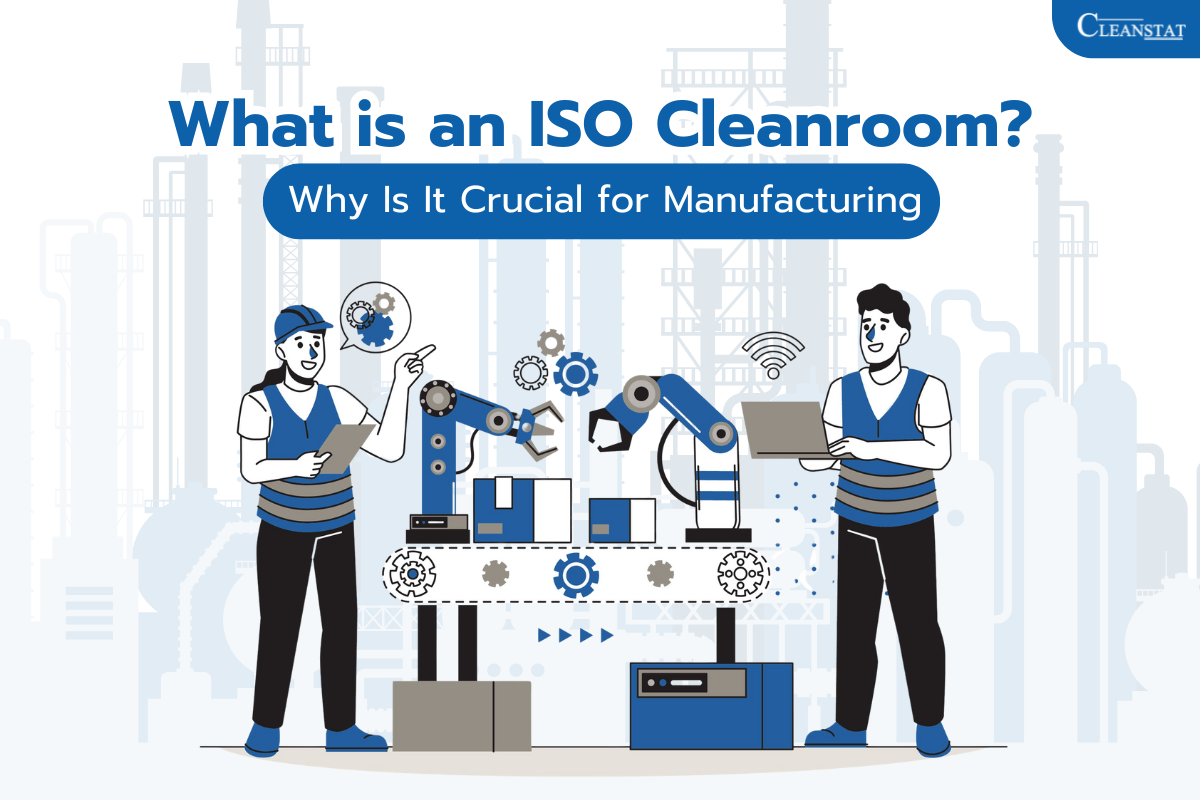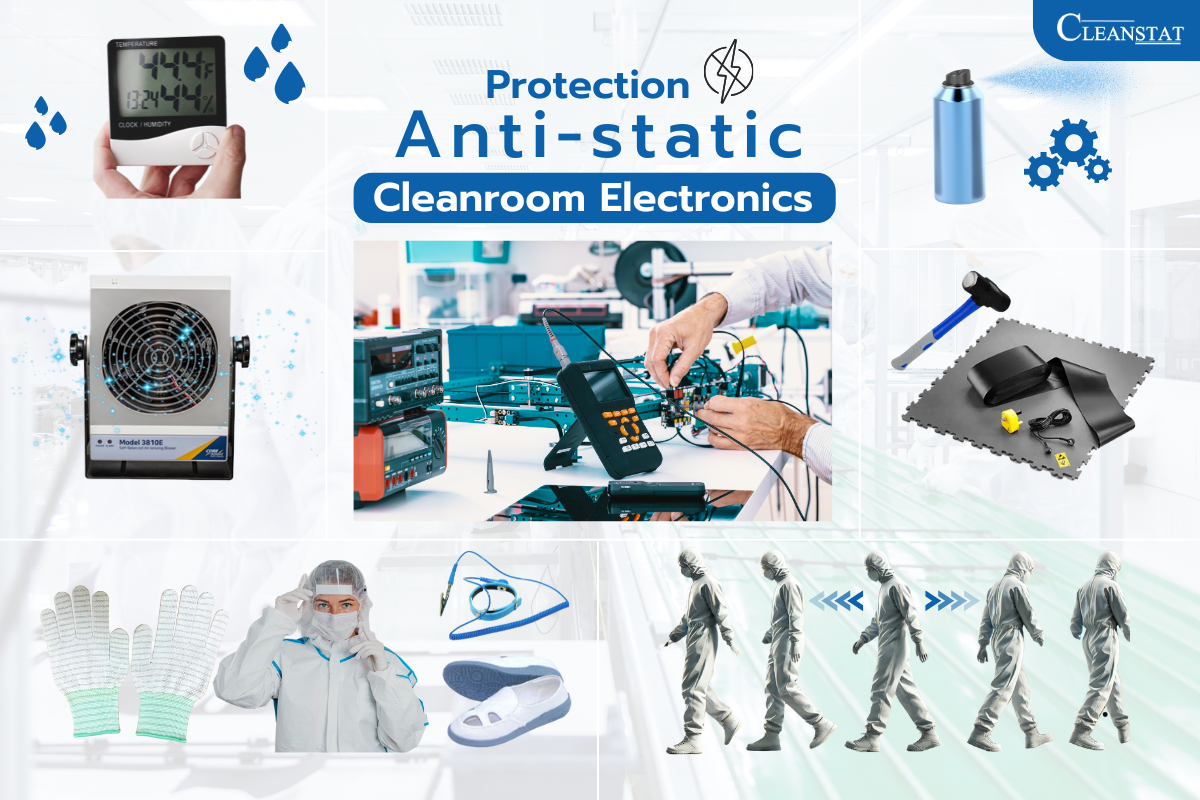A clean room is a controlled environment, or sterile room, designed to minimize or eliminate airborne particles such as dust, pathogens, and other contaminants. Clean room standards are set according to different cleanliness levels, depending on each industry’s requirements. The primary goal of a clean room is to maintain a pure, contaminant-free environment to ensure that production or research processes are protected from external interference.
Clean rooms are essential in various industries, including electronics, pharmaceuticals, aerospace manufacturing, and even the food and beverage sector.
How a Clean Room Works
Clean rooms are designed to regulate air, temperature, humidity, and pressure to ensure the space meets required cleanliness standards. They use air filtration systems, particularly HEPA (High-Efficiency Particulate Air) filters, capable of filtering out 99.97% of airborne particles, especially those as small as 0.3 microns. Additionally, controlled entry protocols, along with protective gear like gowns, gloves, and masks, help prevent outside contamination.
Why Industries Need Clean Rooms
1. To Prevent Contamination
Tiny contaminants, such as dust, bacteria, or chemicals, can severely impact production processes in several industries. For instance, in electronics manufacturing, small dust particles can render components nonfunctional. In the pharmaceutical industry, bacterial contamination can make drugs unsafe for consumers.
2. To Maintain Product Quality
Industries producing high-standard products, such as medicines, vaccines, and medical equipment, require sterile, dust-free environments to ensure product purity and safety. Clean rooms play a critical role in ensuring that these products meet stringent quality standards.
3. To Comply with International Standards
Many industries must meet established standards, such as ISO 14644, which defines cleanliness levels for clean rooms. For companies aiming to enter global markets, meeting these standards is crucial for certifying product quality.
4. To Enhance Production Efficiency
Environmental control in clean rooms minimizes issues caused by contamination, such as production halts or subpar products. Reducing these risks leads to a more stable production process and increased efficiency.
A clean room is a controlled environment designed to be free from contaminants to maintain product quality and cleanliness. Clean rooms are integral in industries that demand high cleanliness standards, like electronics, pharmaceuticals, and food production. Besides preventing contamination, clean rooms enable companies to meet global standards and improve production efficiency.










